40 Lost Homemaking Skills That Need to Be Refound
In our fast-paced modern world, many traditional homemaking skills have been forgotten. These practical skills enrich our lives and connect us to past generations. I don’t know how to do all these homemaking skills, but I can do some! I have to say that I know people who use many of these skills as part of their everyday activities. Technology and living in a modern world don’t have to stop us from using these lost homemaking skills that need to be refound, right?
I’m so glad my mom took the time to teach me so many basic skills, like cooking from scratch, sewing our own clothes, and vegetable gardening. In our busy society, the modern homemaker doesn’t seem to have the time to use and share these skills with the next generation. Many never learned them, so they aren’t prepared to pass them along. Let’s discuss what might be considered the most important homemaking skills in hopes you’ll see some you’d like to explore.
Remember, you don’t have to be a stay-at-home mom to learn and apply some of these basic homemaking skills. Even if you work full-time, there may be a few skills you’d enjoy learning and putting to use at your house. I try to make my blog posts helpful resources for all my readers.
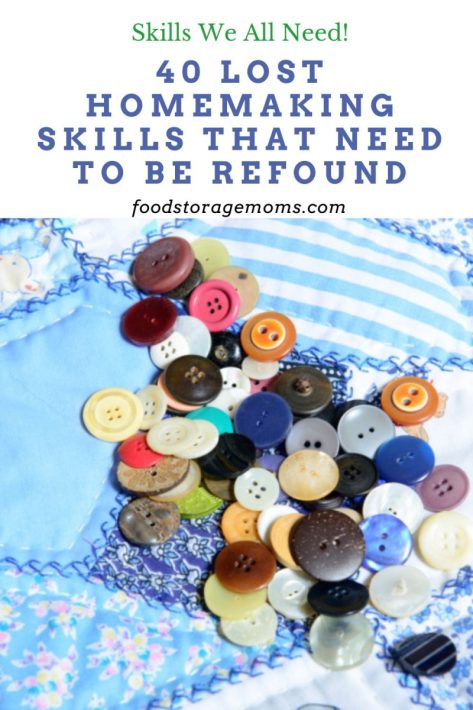
1. Bread Baking from Scratch
The aroma of freshly baked bread is incomparable. Learning to bake bread from scratch connects you with a time-honored tradition and offers a healthier, more delicious alternative to store-bought loaves. How many of you want to add this to your lost homemaking skills? How To Make Bread I
n years past, I would grind my stored wheat into flour I could use to make bread, muffins, biscuits, pancakes, regular cakes, and more. With these skills, I had so many meal prep options available. Next month Mark and I will celebrate our 55th wedding anniversary, and I’ve used this skill from day one.
I learned a few years ago how to make sourdough bread from a starter. I need to get back in the habit of having a starter in the fridge all the time.
2. Preserving Fruits and Vegetables
Canning and preserving fruits and vegetables ensures fresh, nutritious produce year-round. This skill reduces food waste and allows for the enjoyment of seasonal produce beyond its natural availability. Pressure Canning 101: The Most Comprehensive Guide
You can preserve the food you’ve grown in your own garden, purchased at the local farmer’s market, or from the grocery store down the street. Knowing you have food storage on the shelf provides comfort and confidence in case of emergency or natural disaster.
3. Hand-Sewing and Mending Clothes
Knowing how to sew and mend clothes by hand can extend the life of your garments, save money, and reduce waste. Simple stitches can fix tears, holes, and seams. Building Your Essential Emergency Sewing Kit Learning some basic sewing skills can be fun for you and your kids.
When my girls were young, I made all their clothes. Each one had their favorites and smiled as they showed new outfits to their friends. I miss those times!
4. Quilting
Quilting combines creativity and practicality. It’s a beautiful way to repurpose fabric scraps and create heirloom-quality blankets that tell a story with each stitch. 20 Reasons You Need a Good Quilt
Quilting can become an enjoyable and stress-relieving hobby and craft you can use to make gifts for all occasions. The good thing is, you can work on the quilt even when you have little time since you can do it in phases as time permits.
5. Soap Making
Homemade soap is free of the harsh chemicals found in many commercial products. Learning to make soap can provide a steady supply of customized, skin-friendly options for your family. How To Make Melt And Pour Soap
Check out my archive to learn how to make your own laundry soap. This is one of many recipes you can find on my website.
6. Butter Churning
Churning your butter may seem like an old-fashioned homemaker skill, but it allows you to enjoy fresh, rich butter free from additives. It’s a simple process that yields delicious results. How to Store Butter Long Term
7. Cheese Making
Making cheese at home can be an exciting culinary adventure. It allows for experimentation with flavors and textures you won’t find in store-bought varieties. Cheese Choices for Emergency Prepping
8. Candle Making
Homemade candles are functional and a charming addition to your home decor. They can be customized with scents and colors to suit your preferences, and also a skill you can use to make gifts for family and friends.
9. Knitting and Crocheting
These time-honored crafts are perfect for creating cozy, handmade garments and accessories. Knitting and crocheting also offer a therapeutic, meditative experience. 101 Homesteading Skills We Need To Teach
These may sound like old-fashioned skills, but like other skills we’ve discussed, can be a means to relieve stress. They also provide options for gift giving and a personal touch is the goal.
10. Home Gardening
Growing your vegetables and herbs provides fresh, organic produce. Gardening connects you with nature and teaches patience and responsibility. Summer Gardening Tips Everyone Must Know
It can become a fun family exercise where all members pitch in to plant, grow, and harvest quality foods. We’ve always had a garden and love to eat the products grown. For years, BLT sandwiches with fresh tomatoes have been a summer favorite of ours.
11. Fermenting Foods
Fermenting foods like sauerkraut, kimchi, and yogurt promotes gut health and preserves nutrients. This ancient method of food preservation adds unique flavors to your diet. 20 Ways to Make Your Food Budget Stretch Further
Fermentation may sound like a lot of work, but it’s really not. The process takes place while you’re busy doing other things and doesn’t take a whole lot of hands-on time.
12. Composting
Composting turns kitchen scraps and yard waste into valuable fertilizer for your garden. It reduces landfill waste and enriches soil naturally. 21 Compelling Reasons You Need a Compost Pile in Your Life
13. Hand-Washing Clothes
Knowing how to properly hand-wash delicate garments can extend their lifespan and maintain quality. It’s an eco-friendly alternative to using washing machines for small loads. DIY Laundry Detergent
With a busy work schedule, this may seem like a waste of time since we have so many modern conveniences at our disposal. As mentioned, many of your more delicate clothes items would be better served by hand washing them.
14. Ironing and Starching
Properly ironing and starching clothes keeps them looking sharp and fresh. It’s a skill that adds a professional touch to your attire. Why You Still Need an Iron and Ironing Board
15. Homemade Remedies
Making natural remedies for common ailments like colds, headaches, and cuts can reduce reliance on over-the-counter medications and promote holistic health.
16. Basket Weaving
This traditional craft is both functional and artistic. Weaving baskets provide practical storage solutions and a connection to cultural heritage.
17. Rug Making
Creating homemade rugs from fabric scraps or yarn can add a personal touch to your home decor while providing warmth and comfort underfoot.
18. Dyeing Fabrics Naturally
Using natural dyes from plants and food waste to color fabrics is an eco-friendly alternative to synthetic dyes. It revives traditional textile art and reduces chemical pollution.
19. Making Firestarters
Homemade firestarters, made from materials like wax and sawdust, are helpful for camping or emergencies. They offer a sustainable way to start fires without chemical-laden commercial products. Top 25 Tips for Starting a Necessary Fire
20. Pickling
Pickling vegetables extends their shelf life and creates tangy, flavorful meal additions. This skill helps reduce food waste and adds variety to your diet.
21. Making Vinegar
Creating your vinegar from fruit scraps or leftover wine is a simple process that reduces waste and provides a versatile ingredient for cooking and cleaning. 62 Uses for Apple Cider Vinegar That Will Make Life Easier
22. Crafting Furniture
Basic woodworking skills enable you to create or repair furniture, adding a personal touch to your home and reducing the need for store-bought items. 12 Ways to Reuse Broken Household Items Inflation has prompted some pretty hefty increases in most purchases we make. If you have the skill, why pay the extra cost for basic furniture items you can make on your own and take pride in using every day?
23. Leatherworking
Leatherworking skills allow you to make and repair belts, wallets, and bags, providing durable and customized accessories that stand the test of time.
24. Making Potpourri
Homemade potpourri, made from dried flowers, herbs, and spices, adds a natural fragrance to your home without the chemicals found in commercial air fresheners.
25. Building a Fire
Knowing how to build and maintain a fire safely is crucial for camping, cooking, and heating in emergencies. It’s an essential survival skill with practical applications. The Best Way to Dry Firewood Quickly
26. Making Sauerkraut
Fermenting cabbage to make sauerkraut is a simple way to preserve this vegetable while enhancing its nutritional value and adding probiotic benefits.
27. Beekeeping
Keeping bees provides fresh honey and beeswax, supports local ecosystems, and promotes the health of pollinators essential for many crops. Honey Bees: Everything You Should Know
28. Making Pasta from Scratch
Homemade pasta offers a superior taste and texture compared to store-bought varieties. This skill allows you to experiment with different shapes and ingredients. Types of Pasta to Stockpile For Emergencies
29. Growing Medicinal Herbs
Cultivating medicinal herbs like mint, chamomile, and lavender provides a convenient source of natural remedies for common ailments and enhances your culinary repertoire.
30. Foraging for Wild Foods
Learning to identify and harvest wild foods, such as mushrooms and berries, connects you with nature and provides a sustainable source of nutrition. Foraging Wild Nuts for Survival Purposes
Plan that next family campout or mountain hike with gathering some wild foods at the same time.
31. Weaving Textiles
Weaving your textiles, whether for clothing or home decor, revives an ancient craft that allows creativity and self-expression.
32. Maintaining a Root Cellar
A root cellar provides a natural, energy-free way to store produce, extending the shelf life of fruits and vegetables and ensuring food security.
33. Raising Chickens
Just like churning your butter from fresh cream allows you to enjoy homemade butter, having a few chickens allows you to provide fresh eggs every day. Yes, you need some room on your property, and the local regulations may place some restrictions, but having a few chickens around can be a fun family enterprise.
34. Preparing Home-Cooked Meals
The ability to cook nutritious, balanced meals from scratch is a fundamental homemaking skill that promotes health and family bonding. 20 Staple Pantry Items for Making Cheap Meals
35. Homemade Cleaning Products
Creating your cleaning products from natural ingredients like vinegar and baking soda reduces chemical exposure and is environmentally friendly. 20 Easy Spring Cleaning Tasks You Can Do Today
36. Stitching (Piecing) Quilts
Hand-stitching quilts are a way to create warm, personalized blankets that reflect family history and creativity, providing comfort and connection across generations. Do you know anyone who hand-stitches quilts? It’s a favorite homemaking my great-grandmother used to do! Leftover shirts, dresses, or whatever was made into a quilt.
37. Making Homemade Jam
Preserving fruits by making homemade jam captures the essence of summer and provides a delicious, natural spread for your pantry. How To Make Freezer Jam
38. Brewing Herbal Teas
Growing and brewing your own herbal teas offers a natural, caffeine-free alternative to store-bought teas, with the added benefit of medicinal properties.
39. Restoring Furniture
Restoring old furniture breathes new life into pieces that may otherwise be discarded, reducing waste and preserving craftsmanship. This is one of those lost homemaking skills that need to be refound!
40. Homemade Yogurt
Making yogurt at home ensures you have a fresh, probiotic-rich product free from additives, with the flexibility to customize flavors and textures. Frugal Ways To Preserve Your Food Today For Tomorrow
More Tips
- Making Homemade Baby Food: The Ultimate Guide
- 10 Essential Tools Every Homesteader Should Have
- Modern Homesteading Skills Are They A Thing Of The Past
Final Word
Rediscovering these lost homemaking skills enriches our lives and helps us be even better emergency preppers. When we are more self-sufficient, we have a better chance of surviving when things go wrong. I’d love to hear which one of these homemaking skills you’d like to pick back up again! May God Bless this World, Linda
Copyright Images: Kneading Dough Depositphotos_62973183_S By MitaStockImages, Buttons On Quilts Depositphotos_68593037_S by Philipimage

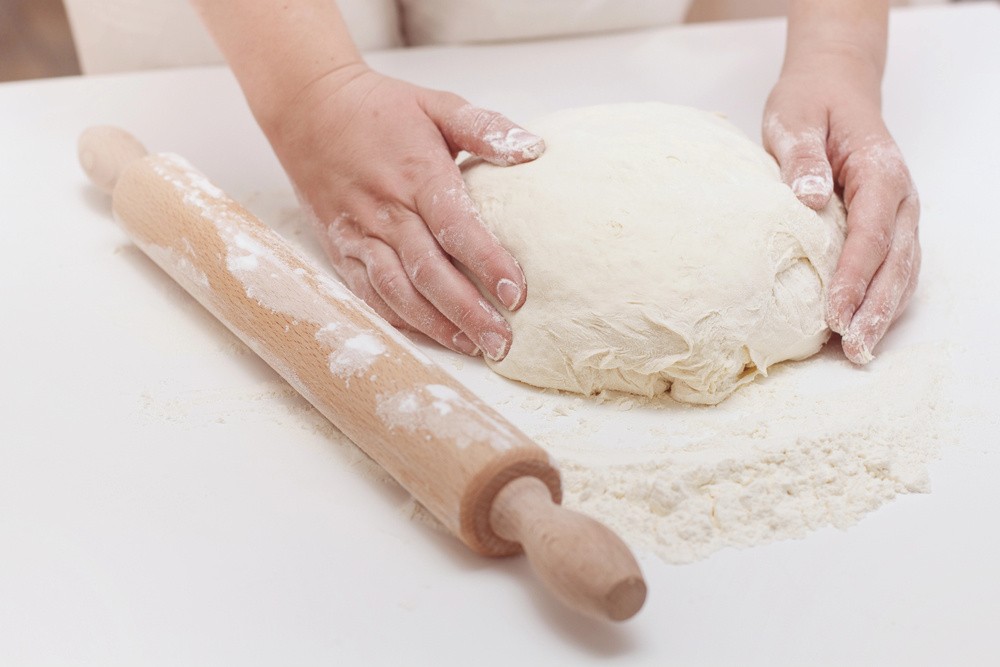

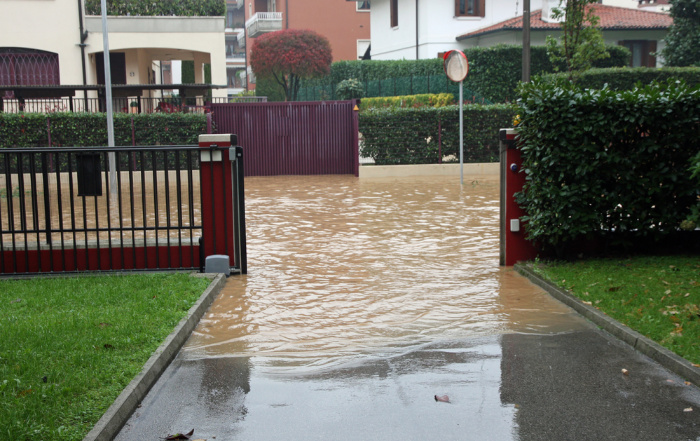
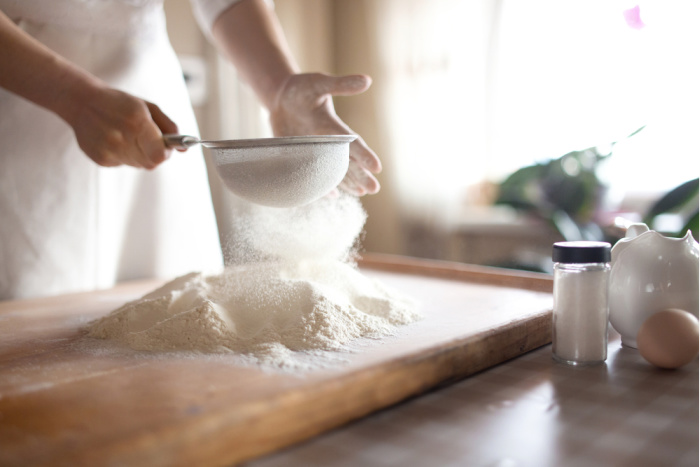

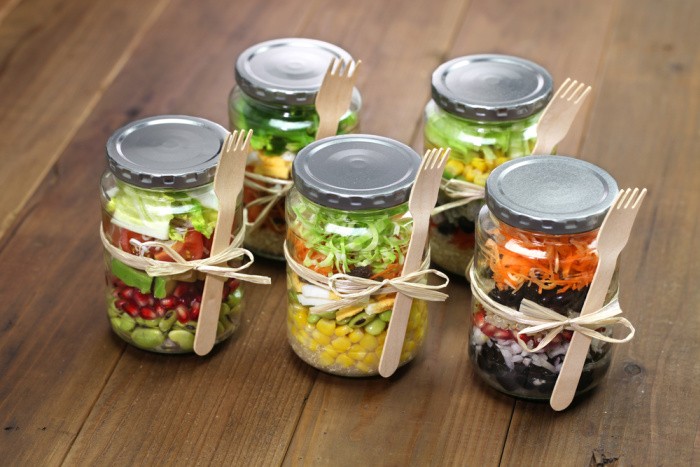
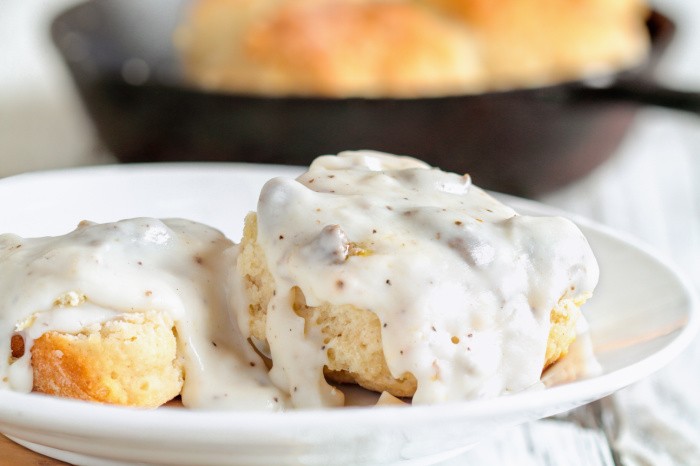

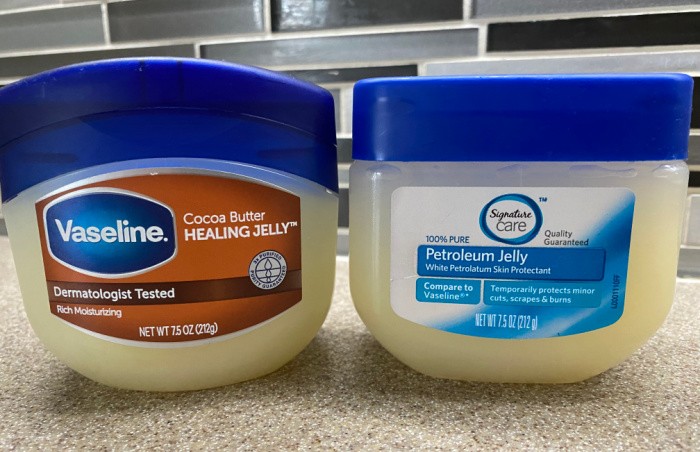

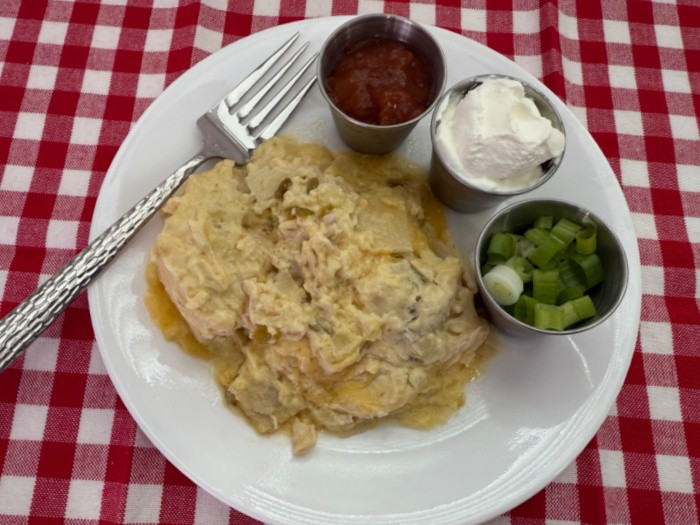
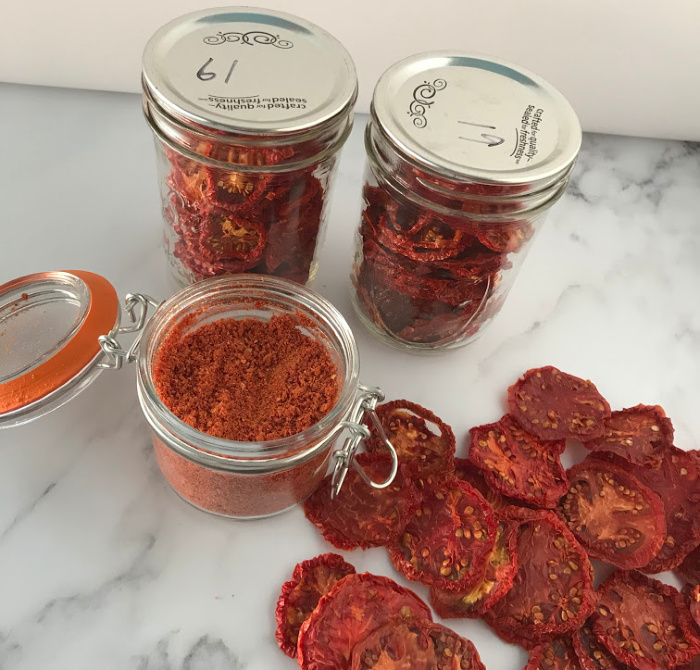
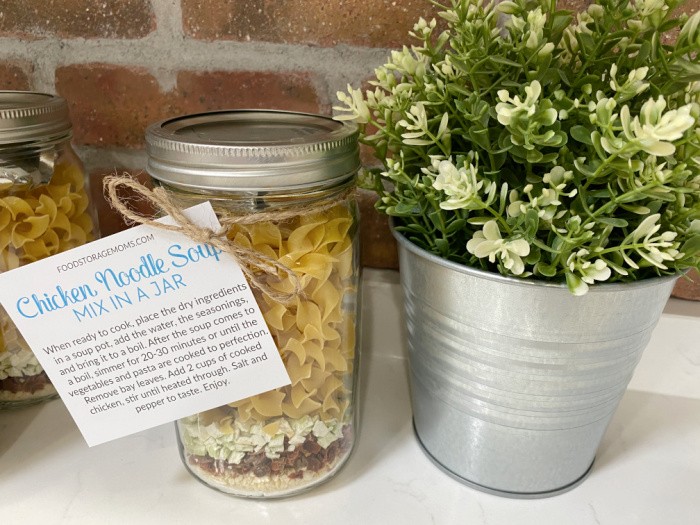
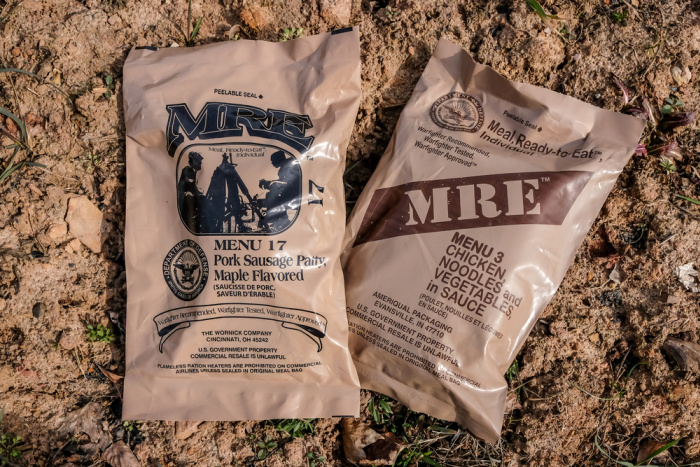
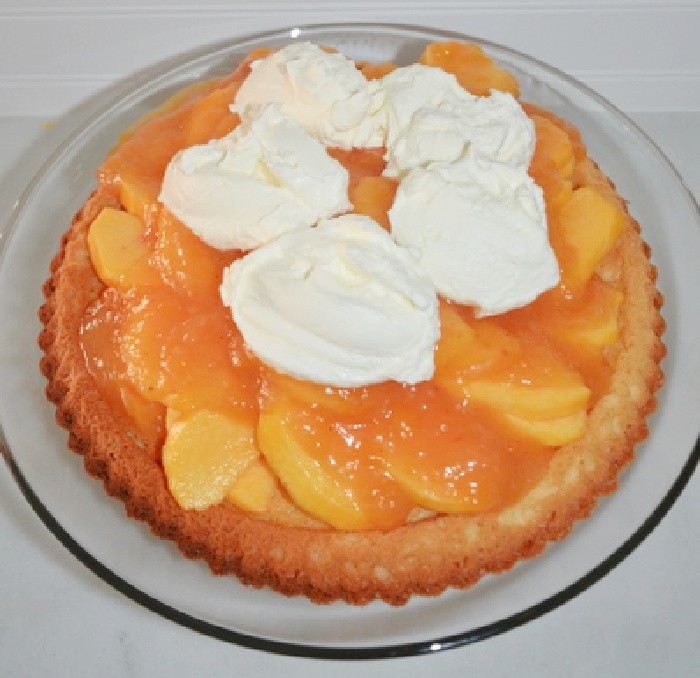



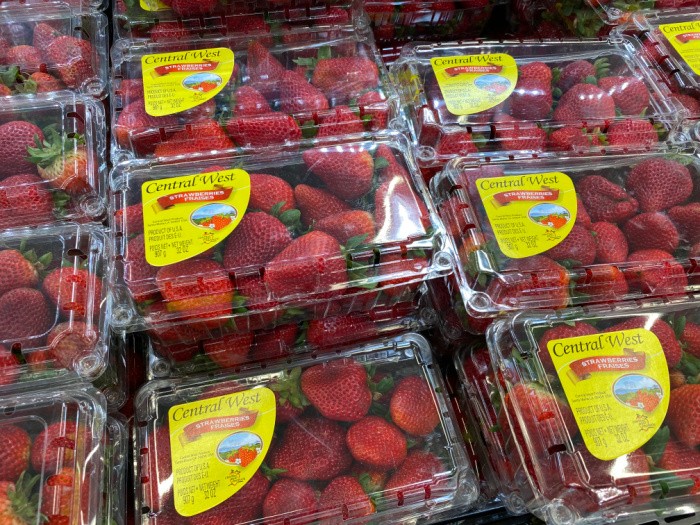
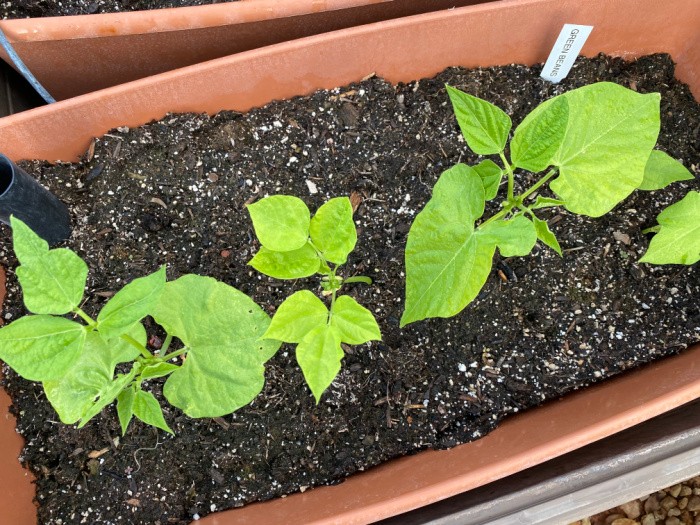

I can do a lot of these and some are part of my regular routines. Others are on my learning list. A lot of these are great for bartering and skill exchanges, either as a good or a service. Now that I’m older and can’t do as much heavy work as I used to I like to give home made bread to the volunteers that come by to help. I also like to use home baking to welcome new neighbours and keep up friendly relations with other neighbours. Building community is an important part of emergency preparedness and sharing skills is a great way to do that.
Hi Alice, I love you comment, baking bread and sharing with neighbors is truly building a community. Volunteers love homemade bread, I know for a fact. Most people are intimidated by making it. Anyone can make it if you have fresh ingredients a d good recipe. I love the feel od bread dough, it brings me joy! Linda
Wife was a professional seamstress and made custom wedding dresses before lupus messed her up. Hardly anyone, except my son, in the family can sew with a machine.
I’m pretty good at hand stitching repair stuff which served me well hunting and army etc.
It’s come down to being a disposable world in goods and even relationships it seems. Fixing things is better. Guess that thinking makes me old
HI Matt, I think I’m older than you and I will never part with my sewing machine. Mark and hand sew as well if he had to. Just hearing your wife made custom wedding dresses is soooooooo hard! I made prom dresses because I had 4 daughters but wedding dresses, WOW! I agree in some families things have become disposable, I’m glad a I can mend things. You can build and repair a lot of stuff. I’m sorry to hear about your wife having Lupus!!! Life is a challenge sometimes Linda!
I know how to do many of these skills and enjoy doing them. My newest skill I’m learning is cheesemaking. So far, I’ve been successful and it’s fun! The grandkids like to help out and they’re learning along with Gram.
Hi Paula, oh my gosh, I have never done this!!! Bonus your teaching your grandkids! I LOVE this! Linda
I have made simple cheeses too. They taste so good.
Hi Janet, I have never made cheese, including simple cheese. I’m not fond of milk so I may not try making cheese. Linda
I can do many of those, but not all. I hate sewing, but my sister in law loves it. I love using homemade soap. It is so good for my skin. I love growing and preserving my own food.
Hi Janet, I love to sew but have never learned to make soap like you do. I think you use lye, right? I have only done the melt and pour soap. It’s so fun, but nothing compared to how you make yours as I remember you telling me. Linda
I use lye with appropriate safety gear.
Hi Janet, I thought I remembered that, thank you, my sweet friend! Linda
Yes, I grew up sewing because I had to. My Mom liked ones style of clothes( from the ’50’s) and I gre up in the 60’s. I also mds clothes for our 4 children, 2 boys and 2 girls until the girls got oledenough to sew themseles. The boys got storebought clothes when they were older. I made all our girls prom dresses and wedding dresses and my husband’s suit and a sportcoat when we first go married. I made dresses for grandaughters utill they were about 10. I also made quilts for all my kids and most of the grand kids and one great grand son. Now I just cook from scratch including bread. Cookies were the main draw at our house. My kids could be way out in the back yard and when I took cookies out of the oven, they were all there! The smell is wonderful
Hi Cheryl, oh I can almost smell the cookies from my house, home baked cookies are the best! Wow, you are quite the seamstress, I love hearing all the things you have sewn over your life, I LOVE it! I love hearing you taught your children to sew, what a great skill! Life is good! Linda
I also made my wedding cake, our daughter’s wedding cake and both of our son’s wedding cakes, including decorating them. I learned to decorate cakes when I was in college and over the years have done it for many, I stopped doing it a few years ago. Just got tired of seeing all that work destroyed in one or two cuts.All the cakes I made were never box cakes, only homemade ones. They not only taste better, but cut beautifully, a well. Our kids always know that I would make whatever type of cake they wanted for their birthdays. Each one was different. Made it fun! One year our daughter wanted swans, so I made cream puff swans with curved neck and wings.
Hi Cheryl, oh my gosh, that is so fun to hear! I have never made a wedding cake, my mother used to though. It’s so fun to be creative in the kitchen while we bake special items for special people. LOVE this, Linda